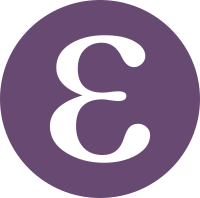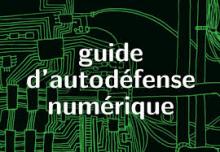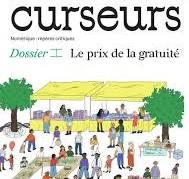PUNCH - Pour Un Numérique Critique et Humain, is a collective that works to bring together conferences, interiews, articles and broadcasts a podcast aimed at defining what kind of digital technology is desirable for what kind of society.
Podcast created by Pointculture in partnership with ACMJ, Arts & Publics, Centre Librex, Cesep, cfs.EP, Culture & Démocratie, Gsara, La Concertation, La Maison du livre, PAC, PointCulture, Revue Nouvelle.


